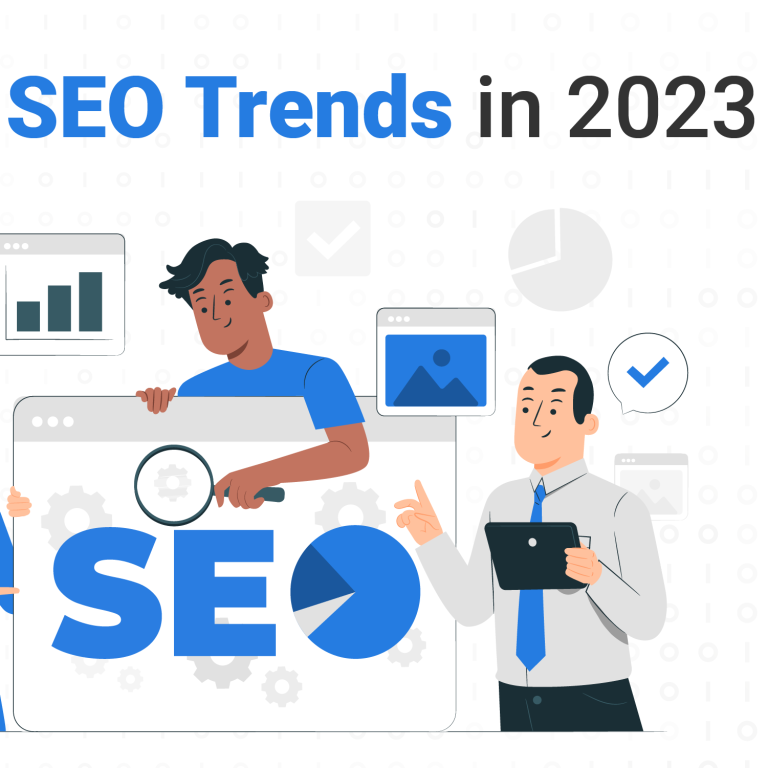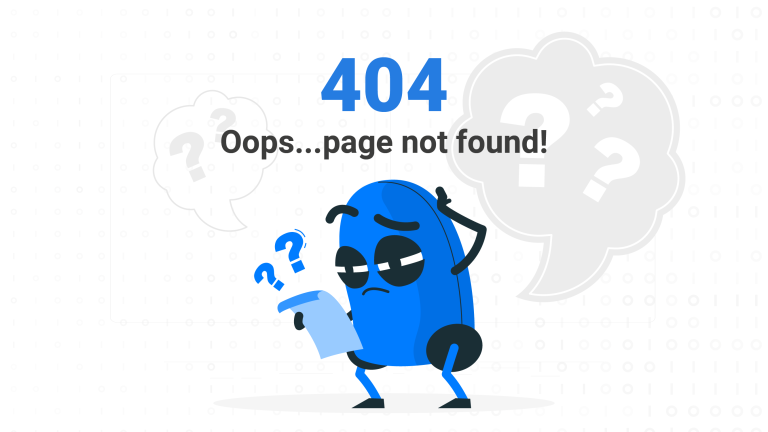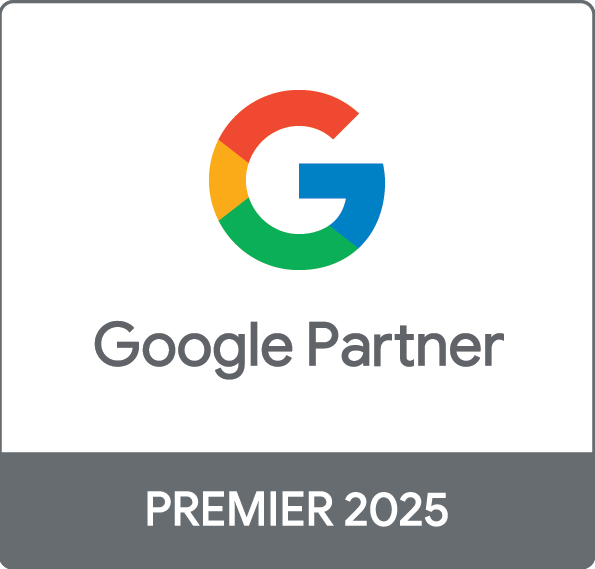Have you ever wondered why some brands have a large fanbase while others are forgotten or lost among their competitors? You may think, “Well, that’s easy, it’s because they have high-quality products and services to work with”, and although that may be true, it is not the only thing that matters. The key to your brand’s success is your brand identity. It is about who you are, what you offer, and why you are different. All this is what creates trust, and how long-lasting relationships form.
So, what is brand identity?
Brand identity is not to be confused with brand personality -- which refers to the characteristics and emotions that customers associate a brand with. Brand identity is a collection of visual elements that a company creates to portray an image that arouses interest in its services or products. It includes your logo, your business slogan, brand packaging, employee shirts, among many other items. In short, it is the face of your company.
Now that you’re up to speed on brand identity. Let's discuss why it’s relevant to include brand identity in your marketing campaigns.
All marketing campaigns are somewhat brand awareness campaigns.
Whenever you put your brand out there – whether, through online ads or a physical pop-up booth, potential customers are going to begin forming their impressions of it. In short, they become aware of your brand. That is why, when you are outlining your goals, brand development should be at the top of your list. You want customers to grab hold of your brand and to connect with it so that they keep coming back, instead of just visiting, subscribing, or purchasing once. Remember, your campaigns should not be hard-selling your products—they should be selling your brand.
Repetition is the key to brand awareness.
The more someone sees or hears something, the more it becomes etched in their minds. Think about brands like IKEA, Coke, Nike, or McDonald’s. To put it simply, these brands have successfully achieved top-of-mind awareness due to the repetition of their brand across multiple touchpoints and campaigns.
You see, creating brand awareness is not always about getting someone to instantly make a purchase. It is more about staying at the forefront of your consumers’ minds and keeping your competitors out in the cold so that when your target audience is ready to buy, they think of you. This means you shouldn’t be too quick to change your marketing campaigns just because you are not getting results in the first week. The goal here is to focus on repetition and frequency to achieve the results that you desire.
Ground your campaign ideas in your brand identity guidelines.
Whenever you’re planning or brainstorming ideas for your campaigns, it’s crucial not to lose sight of your brand identity guidelines. Your logo, colours, font style, and tone of voice needs to be incorporated, or else you risk having a disconnection between your campaign and your brand.
A great practice to have is to brainstorm with your guidelines in hand.
For consistency purposes, this point should apply across all your marketing channels — your CRM, social platforms, and even your business email profile picture, to name a few. Doing so gives your brand a sense of unity and consistency. Remember, it’s the little things that build brand love and brand trust.
Choosing the b̶e̶s̶t̶ right marketing channel.
The right marketing channel is the best marketing channel.
So, before choosing a platform. There are a few things to consider.
- The nature of the marketing platform.
- What are your campaign goals?
- Where are your target demographics?
In other words, most (if not all) of your marketing efforts are going to waste if you’re targeting people who have zero interest in your brand. So, once you have an idea of the above, you can then choose the right platform to run your campaigns. Although platforms like Instagram and Facebook are widely popular, they each offer different benefits when used for business. For example, the nature of Facebook provides users with the ability to connect with other users and brands online, making it ideal for lead generation, customer service, and discussions, among other things. Whereas on Instagram, people are more engaged in sharing visual media which makes it more suited to brand awareness and audience engagement.
Therefore, the clearer you are towards your goals, audiences, and medium, the better your campaign can support your brand identity to build brand loyalty.
We hope you found this article useful and relevant. Should you have any questions or looking to amplify your brand, please contact us at hello@admiral.digital.







